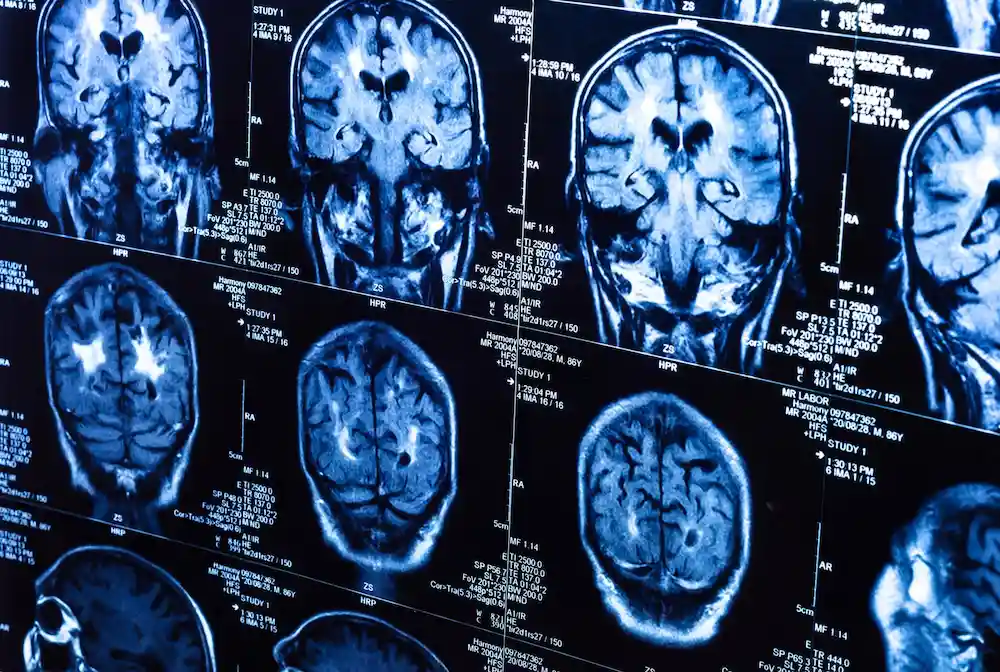Chaplin Traumatic Brain Injury Lawyer
Need a Chaplin traumatic brain injury accident lawyer for a traumatic brain injury?
If you or a loved one suffered a TBI in an accident involving Uber, Lyft, or another rideshare driver—whether as a passenger, pedestrian, or another motorist—you may be entitled to compensation. Rideshare accident claims involving brain injuries can be especially complex, but Etemi Law has the experience to guide you through it. We’re committed to helping TBI victims get the justice and compensation they deserve.
Call us today at (203) 409-8424 for a


Understanding Traumatic Brain Injuries (TBI)
A traumatic brain injury (TBI) occurs when a sudden jolt, blow, or impact causes the brain to move rapidly within the skull. This movement can result in chemical changes, bruising, or damage to brain tissue. Even mild trauma—known as a mild traumatic brain injury (MTBI)—can lead to lasting effects, sometimes without immediate signs such as loss of consciousness.
Common Causes of TBI
TBI can happen in many everyday situations, including:
- Rideshare Accidents – Sudden impact from Uber or Lyft collisions, especially rear-end crashes, can cause the brain to jolt violently.
- Slip and Fall Accidents – Striking the head on the ground during a fall can lead to significant brain trauma.
- Sports Injuries – Contact sports like football, boxing, and rugby are common causes of concussion and TBI.
- Motorcycle Accidents – Especially in Connecticut, where helmets aren’t required for all riders, these crashes can be devastating.
- Pedestrian Accidents – Pedestrians struck by vehicles often suffer TBIs due to direct impact.
- Product-Related Injuries – Falling merchandise or faulty safety equipment (like airbags) can cause head trauma.
- Birth Injuries – Trauma during delivery can result in infant brain injuries with lifelong consequences.
Why TBI Cases Are Complex
Brain injuries are often called “invisible injuries” because their symptoms may be subtle, delayed, or misdiagnosed. TBIs can affect memory, mood, concentration, and even personality. Because of the complexity of these cases—especially when involving multiple parties, such as in rideshare accidents—it’s critical to have a legal team that understands both the medical and legal challenges involved.
How Etemi Law Can Help
At Etemi Law, we are committed to helping victims and their families get the compensation they need for recovery and long-term care. Our experienced team will:
✅ Thoroughly investigate the cause of the brain injury
✅ Work with medical experts to document its full impact
✅ Handle negotiations with insurance companies and responsible parties
✅ Take your case to trial if necessary to fight for full compensation
Don’t Wait — Protect Your Rights
If you or a loved one has suffered a brain injury due to a rideshare crash or another type of accident, it’s crucial to act quickly. You deserve a legal team that will stand by your side and fight for the justice and financial recovery you need.
📞 Call us at (203) 680-8080
📧 Email us or fill out our Free Case Evaluation Form to schedule your free consultation today.
As a town where fields edge narrow blacktops, Chaplin registers traumatic brain injuries differently than a city hospital chart. On Route 198, slow-moving tractors share sightlines with commuter pickups, and a misjudged pass or blind farm lane can produce high-energy blows to the skull. I look at where the road meets open land and ask how visibility, equipment size, and time of day converge to create head trauma.
Emergency response in Chaplin often starts with the Chaplin Volunteer Fire Department, first on scene for extrication and basic neuro checks. Rural distance means longer ambulance runs and frequent interfacility transfers: stabilizing locally, then moving patients to Windham Hospital (Willimantic) for CT and to higher-level centers when needed. Those handoffs — from volunteer rescue to hospital transfer — shape early minutes that neurologists call critical.
I have investigated common mechanisms in this farming landscape: ATV rollovers at field edges, PTO entanglements, and collisions at country crossroads near the Chaplin Historic District where hedgerows limit sight. Closed helmets, bystander first aid, and rapid airway control change initial injury trajectories, but penetrating and diffuse axonal injuries still arrive after everyday chores. Reporting here means tracing how equipment, lighting, and rural speed differentials create those patterns.
After the acute phase, rehabilitation logistics matter: families often shuttle between outpatient clinics and inpatient rehab at Backus Hospital (Norwich) or specialty services referred from Windham Hospital. Transfers, insurance authorizations, and the long drives from farmhouses change therapy timing and caregiver stress. I speak plainly about realistic recovery trajectories, coordination hurdles, and what you might expect from local care patterns without promising outcomes.
